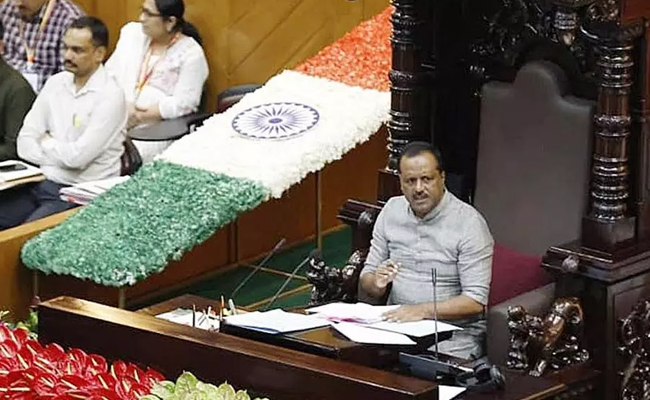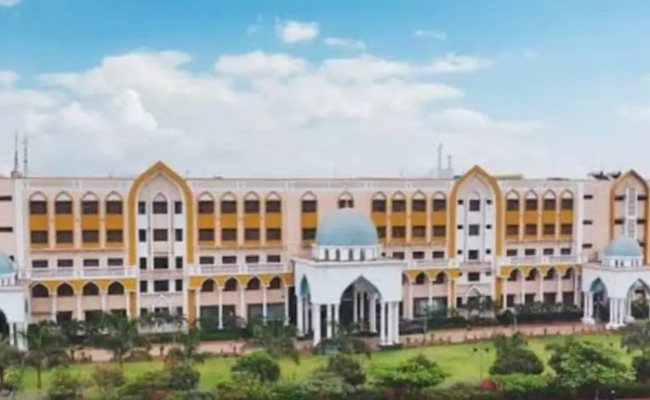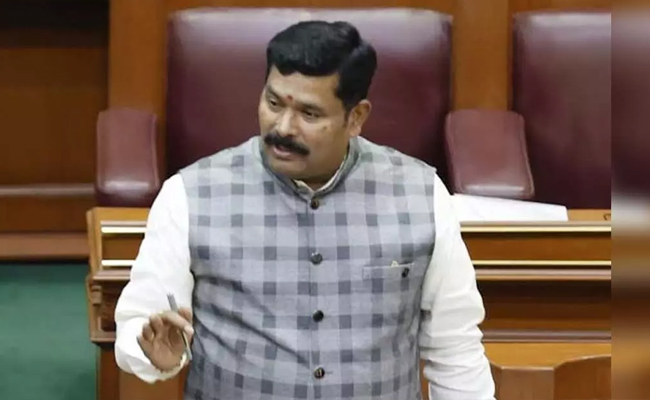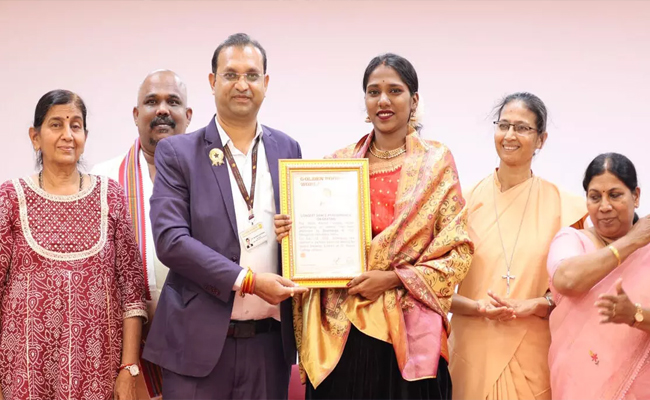New Delhi, Oct 1 : India and Uzbekistan set an annual bilateral trade target of $1 billion to be achieved in two years and agreed to cooperate in counter-terrorism efforts as the two sides signed 17 agreements across a range of sectors following delegation-level talks led by Prime Minister Narendra Modi and President Shavkat Mirziyoyev here on Monday.
They also agreed to further strengthen their Strategic Partnership and boost connectivity in a significant manifestation of India's increasing engagements with Central Asia.
"We have agreed to strengthen trade and investment ties and have set a bilateral trade target of $1 billion by 2020," Modi said in a joint address to the media with Mirziyoyev after the talks. "We have also decided to start negotiations for a preferential trade agreement."
Bilateral trade stands at around $350 million now.
According to a joint statement, both sides called for further promotion of investment.
"They noted the favourable conditions for investment by Indian companies in Uzbekistan, including in the framework of the special economic zones and free pharmaceutical zones," it stated.
Both countries positively assessed the establishment of an Uzbek-Indian Business Council between industry body CII and the Chamber of Commerce and Industry of Uzbekistan.
Modi said India had decided to extend a line of credit (LoC) of $200 million to Uzbekistan for housing and other social infrastructure projects.
"We will welcome Uzbekistan's proposals under $800 million line of credit and buyer's credit from Exim Bank," he said. "We have proposed to help Uzbekistan in the areas of space, human resource development and IT."
Both sides discussed ways to boost connectivity.
Modi stressed the importance of Chabahar port in Iran being jointly developed by India, Iran and Afghanistan.
He expressed gratitude to Uzbekistan for its support in India for becoming a member of the Ashgabat Agreement which seeks to establish an international transport and transit corridor between Iran, Oman, Turkmenistan and Uzbekistan.
"We are happy Uzbekistan has agreed to be a part of the International North South Transport Corridor (INSTC)," he said.
The INSTC is a 7,200-km-long multi-modal network of ship, rail and road routes to move freight between India, Iran, Afghanistan, Armenia, Azerbaijan, Russia, Central Asia and Europe.
Modi said that India and Uzbekistan shared their vision and plans to further strengthen their strategic partnership.
The India-Uzbekistan relationship was elevated to a Strategic Partnership when then Uzbek President Islam Karimov visited India in 2011.
"Meaningful discussions were also held on regional issues of importance that are linked to our security, peace, prosperity and cooperation," Modi said.
Both sides agreed to deepen cooperation in the Shanghai Cooperation Organisation (SCO) and other international forums.
In defence cooperation, Modi said India and Uzbekistan discussed joint military exercises and military education and training among other areas.
According to the joint statement, two two countries agreed to strengthen cooperation between their law enforcement agencies and special services, including under the framework of the Uzbekistan-India Joint Working Group on Counter-Terrorism.
Modi called for a stable, democratic, inclusive and prosperous Afghanistan.
Both sides "reiterated their support for ... a genuine Afghan-owned, Afghan-led and Afghan-controlled peace and reconciliation process that would allow for a peaceful, secure, united, inclusive and prosperous nation".
Also discussed were issues of e-visa, tourism, academic exchanges and air connectivity.
On his part, Mirziyoyev said the India-Uzbekistan Strategic Partnership was very important for Tashkent's foreign policy.
He said Uzbekistan supported India's bid for a permanent membership in the UN Security Council.
"We are very concerned about the conflict in Afghanistan and feel that the only solution is a dialogue between the Afghan government and the opposition."
The 17 agreements signed between the two sides covered the areas of tourism, military training, law and justice, agriculture, science and innovation, health and pharmaceuticals.
Earlier, Mirziyoyev was accorded a ceremonial welcome at the Rashtrapati Bhavan. External Affairs Minister Sushma Swaraj called on him.
The Uzbek President arrived on Sunday on his first official visit to India since assuming office in 2016.
Let the Truth be known. If you read VB and like VB, please be a VB Supporter and Help us deliver the Truth to one and all.
Belagavi: Speaker U.T. Khader on Friday warned that members who disrupt Assembly proceedings by talking in their seats during debates will be made to sit in the House for an entire day as a disciplinary measure.
The warning came after the Question Hour, when Deputy Leader of the Opposition Arvind Bellad was permitted to initiate a discussion on the development of North Karnataka.
At this point, expelled BJP MLA Basanagouda Patil Yatnal objected, stating that he had been seeking a debate for the past three days but had not been given an opportunity.
ALSO READ: IndiGo board ropes in external aviation expert for flight disruption probe
Responding to the objection, Speaker Khader said Bellad had already been granted permission and assured Yatnal that he would be allowed to speak at the next opportunity. He noted that even as a serious discussion was underway, several MLAs were speaking among themselves with their microphones on, disrupting the proceedings.
Expressing displeasure over the conduct of members, Khader likened the situation to football, where players receive red, yellow, or white cards for violations. Similarly, he said, the Assembly issues warning cards to members who disturb the House. If they fail to correct themselves despite repeated warnings, they would be required to remain seated in the Assembly hall for a full day as punishment, he stated.





